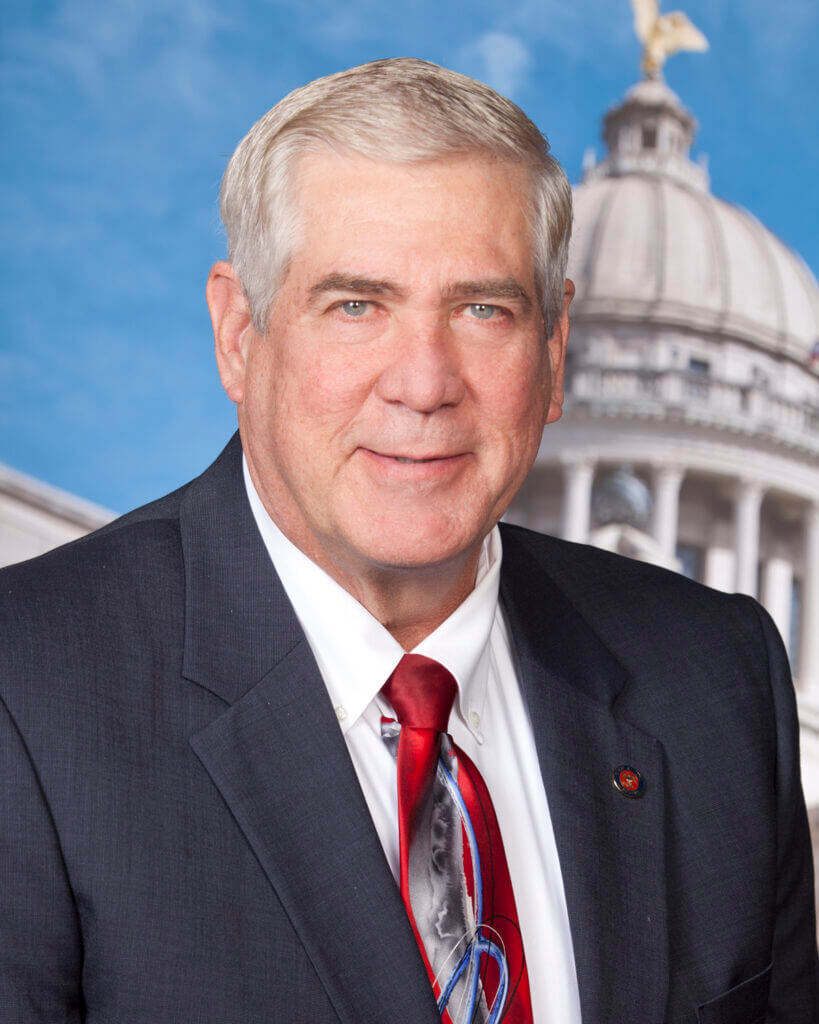Compromise healthcare reform proposal sent for House consideration
Medicaid expansion or no expansion continues to be one of the hot button items remaining on the Mississippi state legislative agenda and Friday it moved a needle once again. That’s because Senate Medicaid Chairman Sen. Kevin Blackwell (R-Southaven) has delivered two conference reports to the House on healthcare reform signed by all three Senate conferees: one with the original Senate plan and the other with a compromise proposal.
“The House asked the Senate to come to the table with a plan which included Mississippians up to 138 percent of the federal poverty level to pull down the 90 percent match from the federal government,” said Blackwell in a news release from Lt. Gov. Delbert Hosemann’s office. “The hybrid plan we submitted to the House does just that—or we offer the original Senate version for consideration.”

The two proposals including the following:
- The original Senate proposal requires the Mississippi Division of Medicaid to apply for a waiver to cover people making up to 100 percent of the federal poverty level (less than $31,200 for a family of four). The plan would not move the 140,000 people between 100-138 percent of the federal poverty level who are currently on commercial plans on the federal health insurance exchange to Medicaid plans—and the state would receive no federal match money for this population. The waiver, if approved by CMS, would allow the state to draw down 77 percent in federal match money and would primarily be paid for through an assessment on managed care organizations.
- The new Senate compromise proposal requires the Mississippi Division of Medicaid to apply for a waiver to cover people making less than 100 percent of the federal poverty level to be covered by a managed care organization. Medicaid would also cover people between 100-138 percent of the federal poverty level through the federal health insurance exchange (138 percent of the federal poverty level is less than $43,056 for a family of four). The waiver, if approved by CMS, would allow the state to draw down 90 percent in federal match money, but would also require the state to pay 10 percent of the cost of coverage/the commercial plans through 138 percent of the federal poverty level. The program would be largely paid for through an assessment on managed care organizations and an increased insurance premium tax on exchange plans provided to the eligible Medicaid beneficiaries.
Hosemann and Blackwell have said a work requirement is a non-negotiable element for either plan, though the compromise proposal does have language directing the Attorney General to appeal to federal court if CMS denies the waiver.
The original Senate proposal passed the chamber 36-16.
“We are hopeful a compromise is on the horizon,” Hosemann said. “When people are healthy, they are working, raising their families, and contributing to their communities. Access to healthcare is a critical component of economic and workforce development efforts in Mississippi—and reforming healthcare is the right thing to do.”
Healthcare reform has been one of the Legislature’s major issues in the 2024 session. Blackwell sponsored legislation to authorize presumptive eligibility for Medicaid coverage to pregnant women, which allows them to immediately begin receiving healthcare rather than waiting long periods of time to enroll in the program. The Senate agreed to take a House bill, which has since become law.
The Senate is also proposing updates to the “Medicaid tech” bill—Senate Bill 2823—which would make it easier for children who are severely disabled to receive Medicaid coverage; increase reimbursement rates for certain providers and services, which helps increase access for patients; include new areas of coverage, like glucose monitoring; and preserving the changes made last year to the hospital tax, which allows for additional revenue for hospitals.
“At the beginning of the Session, the House said they would bring up the Senate bill, so we are looking forward to seeing this legislation finalized,” Blackwell said.






